A Chicago Reader capsule (1990). — J.R.
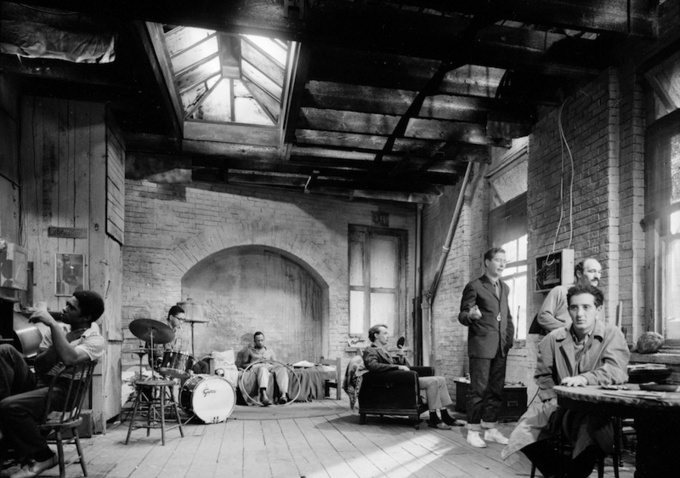

I saw the Living Theater’s legendary production of Jack Gelber’s play (directed by Judith Malina) three times during its initial run in the early 60s, and no film adaptation half as long could claim its raw confrontational power. Echoing The Lower Depths and The Iceman Cometh, it’s about junkies waiting for a fix (among them a performing jazz quartet with pianist-composer Freddie Redd and alto sax Jackie McLean), and spectators were even accosted in the lobby by one actor begging for money. Shirley Clarke’s imaginative if dated 1961 film uses most of the splendid original cast (Warren Finnerty is especially good), confining the action to the play’s single run-down flat. It’s presented as a pseudodocumentary; the square neophyte director, eventually persuaded to shoot heroin himself, winds up focusing his camera on a cockroach. The film retains the same beatnik wit that the play effectively distilled, as well as a few scary shocks, and the music is great,. With Carl Lee, Garry Goodrow, and Roscoe Lee Browne. 105 min. (JR)
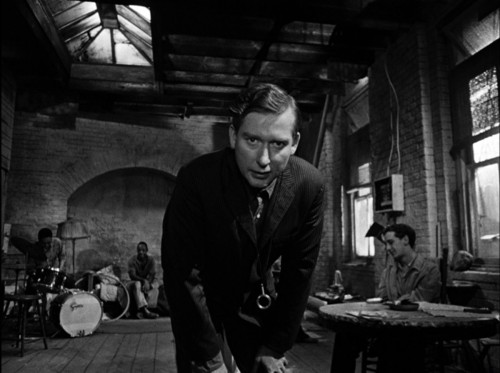
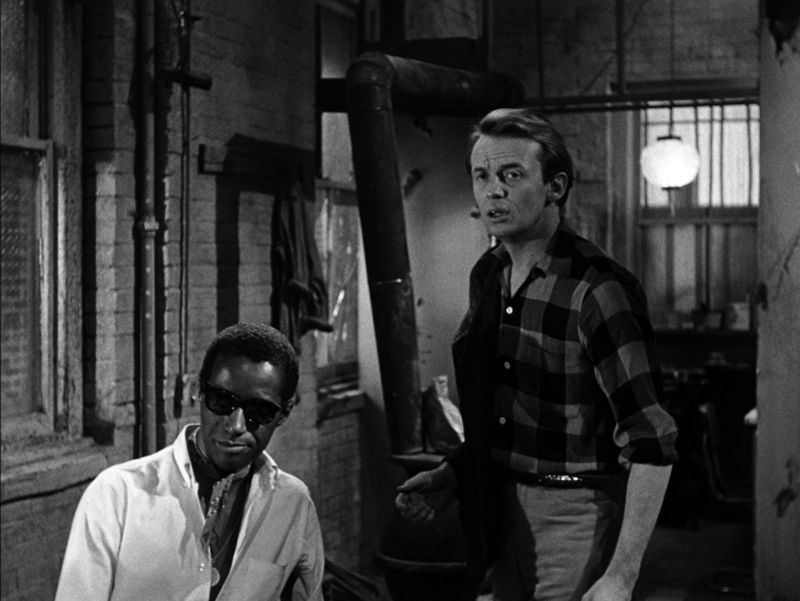
Read more
From Monthly Film Bulletin, June 1976 (Vol. 43, No. 509). — J.R.
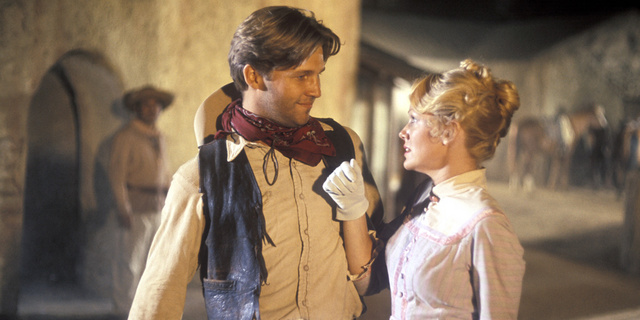
Hollywood Cowboy
U.S.A., 1975
Director: Howard Zieff
Cert–A. dist–ClC. p.c–MGM. A Bill/Zieff production. p–Tony Bill. p. manager–Clark L. Paylow. asst. d–Jack B. Bernstein, Alan Brimfleld. sc–Rob Thompson. ph–Mario Tosi. col–Metrocolor. ed–Edward Warschilka. a.d–Robert Luthardt. set dec–Charles R. Pierce. m-Ken Lauber. m. sup–Harry V. Lojewski. special musical artists–Nick Lucas, Roger Patterson, Merle Travis. cost–Patrick Cummings. choreo--Sylvia Lewis. Titles/opticals–MGM. sd–Jerry Jost, Harry W. Tetrick. sd. effects–John P. Riordan. l.p–Jeff Bridges (Lewis Tater), Blythe Danner (Miss Trout), Andy Griffith (Howard Pike), Donald Pleasence (A. I. Nietz), Alan Arkin (Kessler), Richard B. Shull (Stout Crook), Herbert Edelman (Polo), Alex Rocco (Earl), Frank Cady (Pa Tater), Anthony James (Lean Crook), Burton Gilliam (Lester), Matt Clark (Jackson), Candy Azzata (Waitress), Thayer David (Bank Manager), Marie Windsor (Woman at Nevada Hotel), Anthony Holland (Guest at Beach Party), Dub Taylor (Nevada Ticket Agent), Raymond Guth (Wally), Wayne Storm (Zyle), Herman Poppe (Lowell), William Christopher (Bank Teller), Jane Dulo (Mrs. Read more
From the Chicago Reader (March 1, 1996). — J.R.
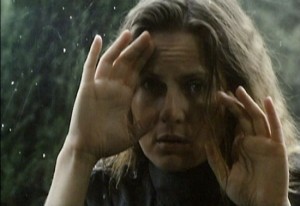
Krzysztof Kieslowski’s major work (1990) consists of ten separate films, each running 50-odd minutes and set mainly around two high-rises in Warsaw. The films are built around a contemporary reflection on the Ten Commandments—specifically, an inquiry into what breaking each of them in today’s world might entail. Made as a miniseries for Polish TV before Kieslowski embarked on The Double Life of Veronique and the “Three Colors” trilogy, these concise dramas can be seen in any order or combination; they don’t depend on one another, though if you see them in batches you’ll notice that major characters in one story turn up as extras in another. One reason Kieslowski remains controversial is that in some ways he embodies the intellectual European filmmaking tradition of the 60s while commenting directly on how we live today. The first film, illustrating “Thou shalt have no other gods before me,” is about trust in computers; the often ironic and ambiguous connections between most subsequent commandments and their matching stories tend to be less obvious. (One of the 60s traditions Kieslowski embodies is that of the puzzle film, though he takes it on seriously rather than frivolously, as part of his ethical inquiry.) Read more






